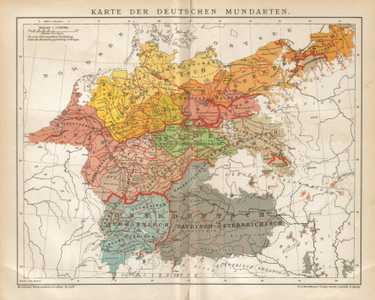anon_xa said in #143 3y ago:
The question facing us from dozens of similar chokepoints around the world is simple: how much do we, meaning you and I here, benefit from the systemic hegemony of this American system we live under?
"We" need to increase high skill immigration to aggressively brain-drain the rest of the world to cement our own hegemony and prevent the emergence of any independent competitor.
"We" need to sabotage China's semiconductor and AI development industries to prevent their ability to resist our own globally dominant AI-enhanced narrative control system and its enforcement by autonomous weapon systems.
"We" need to keep Russia out and Germany down in Europe, to prevent the emergence of another major pole of high-energy civilization independent from our global control system.
"We" need to fight disinformation to prevent the emergence of politically significant alternative centers of narrative truth that could disrupt our perfect political order.
The case can be made fairly clearly how "we" benefit from these imperatives. But how do you or I benefit from them? I'll save the wallowing in the rhetorical question. I don't think we do benefit from them. I think there was a time in the past when we did, but that time has passed, our golem has escaped our control, and now we are in the position of resistance against these kinds of narratives.
What I most want to communicate is the horror of this thing. This is not a human institution anymore. It is some kind of lovecraftian imposter civilization that has projected itself into the minds of people and reduced them to slobbering thralls. It does not represent our interests. It is a monster that has come to oppress us. This thing is not us.
I want us, the real us, you and I, to first at least be able to think freely of this thing and its distortions. Maybe we can't escape it physically, but most of the danger is spiritual. It kills you by getting your soul, not your body. If we could think freely, we could look for a way to free life. If we cannot think freely of this thing, there is no hope for free life.
referenced by: >>438 >>1325
I'm told "we" have a
